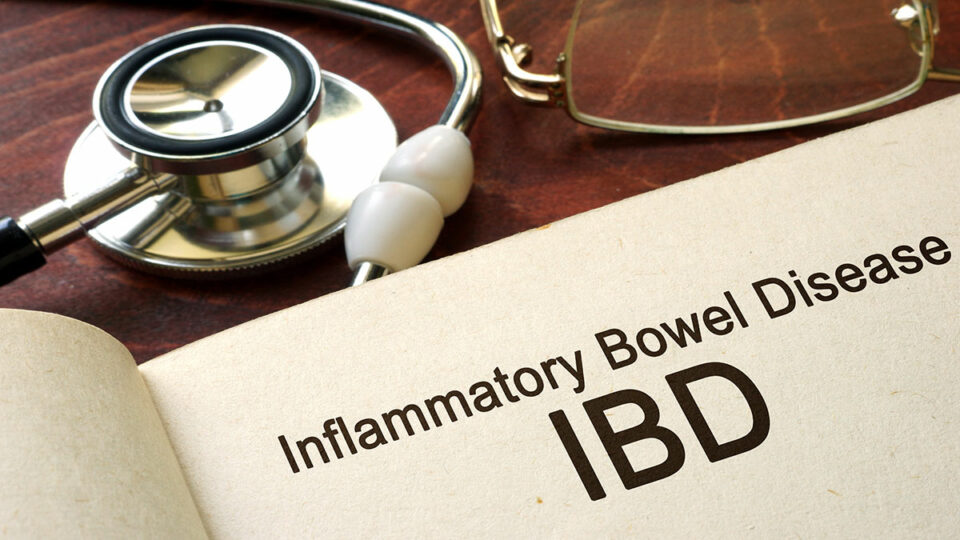- Have any questions? Contact us!
- info@dr-rath-foundation.org
February 9, 2024
Published by Dr. Rath Health Foundation at February 9, 2024
Categories
Thailand is enforcing new maximum levels for the Recommended Daily Intakes (RDIs) of nine vitamins and minerals, including increasing the RDI of vitamins C, D, and biotin.
January 25, 2024
Published by Dr. Rath Health Foundation at January 25, 2024
Categories
Taking a daily multivitamin may protect against memory loss in older adults, according to a trio of studies that included more than 5,000 participants.
January 25, 2024
Published by Dr. Rath Health Foundation at January 25, 2024
Categories
A new data analysis suggests a link between vitamin K2 MK-7 and vitamin D supplementation and a reduction in coronary artery calcification development – a strong predictor of heart attack and cardiovascular mortality in high-risk patients and statin users.
January 11, 2024
Published by Dr. Rath Health Foundation at January 11, 2024
Categories
Lower levels of vitamin D found in inflammatory bowel disease (IBD) patients are linked to inflammation, potentially playing a role in the disease's development, according to findings from a cross-sectional observational study published in the journal Medicine.
January 11, 2024
Published by Dr. Rath Health Foundation at January 11, 2024
Categories
Scientists have discovered a potential medical breakthrough in the treatment of multiple sclerosis (MS). Researchers from Sanford Burnham Prebys unveiled a remarkable molecular connection between vitamin B12 and MS, occurring within astrocytes, non-neuronal glial cells in the brain.
December 7, 2023
Published by Dr. Rath Health Foundation at December 7, 2023
Categories
Insufficient amounts of iron in the body may lead to psychosocial health consequences such as depression among women of reproductive age, according to new research.
December 7, 2023
Published by Dr. Rath Health Foundation at December 7, 2023
Categories
At increased levels, vitamin B6 and folate have a synergistic relationship in lowering the risk and possibly preventing migraines, according to an analysis that appears in the Nutrition Research journal.










New Study Recommends 2000 IU Daily Vitamin D Supplementation